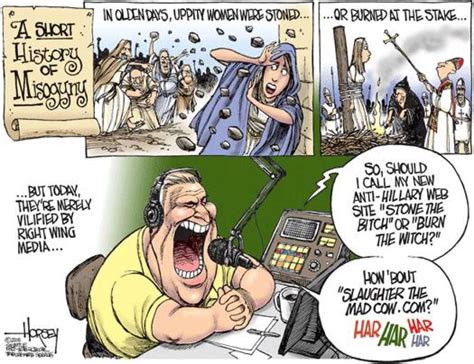A Quote by Andrew Ross Sorkin
The failure of Lehman may have allowed the government to do more to prop up the economy than it otherwise could.
Related Quotes
In truth, in the fairy-tale version of bailing out Lehman, the next domino, A.I.G., would have fallen even harder. If the politics of bailing out Lehman were bad, the politics of bailing out A.I.G. would have been worse. And the systemic risk that a failure of A.I.G. posed was orders of magnitude greater than Lehman's collapse.
No one suggested Lehman deserved to be saved. But the argument has been made that the crisis might have been less severe if it had been saved, because Lehman's failure created remarkable uncertainty in the market as investors became confused about the role of the government and whether it was picking winners and losers.
The beach game taught me great lessons about how to elevate the play of my teammate, or teammates, and how to anticipate and expect the ball so much more than the indoor game ever could. It taught me - even forced me - to be a much better all-around player. That allowed me to help our USA Olympic Team in many more ways than I ever could have otherwise.
I love bad comedy more than I love good comedy, so I love open mics. Or I used to. But the thing that delights me more than anything else in an open-mic performer is when the comic has one joke that requires some kind of prop. But only one. The prop is always produced very awkwardly, and it never, ever pays off. The resulting embarrassment is savory and delicious.
Government is not a solution to our problem, government is the problem. ... Government does not solve problems; it subsidizes them. Government's view of the economy could be summed up in a few short phrases: If it moves, tax it. If it keeps moving, regulate it. If it stops moving, subsidize it. ... The problem is not that people are taxed too little, the problem is that government spends too much.
The Great Depression was not a sign of the failure of monetary policy or a result of the failure of the market system as was widely interpreted. It was instead a consequence of a very serious government failure, in particular a failure in the monetary authorities to do what they'd initially been set up to do.































